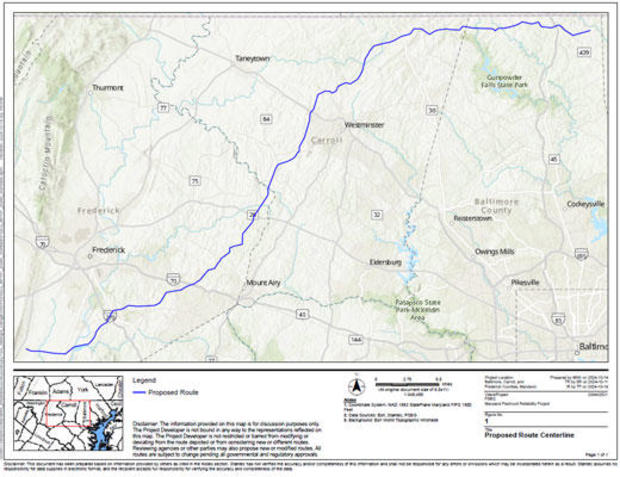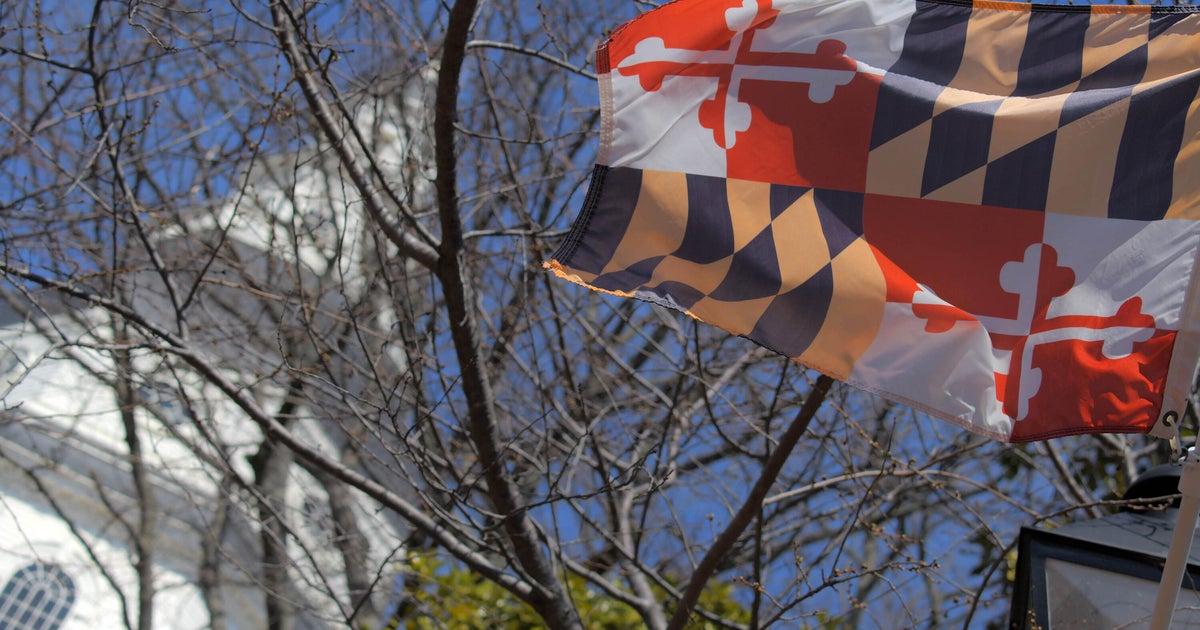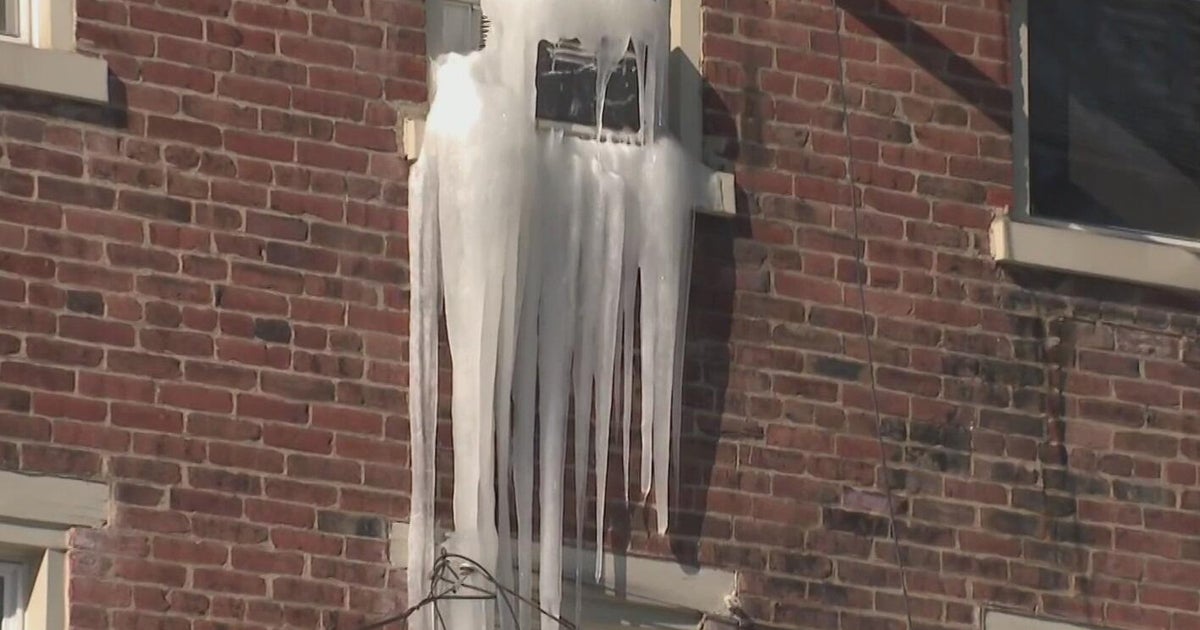Maryland campsite raises concerns over controversial Piedmont powerline project
CARROLL COUNTY -- A faith-based youth camp and outdoor education center in Carroll County is raising concerns about a controversial project that would upgrade Maryland's electrical grid by creating a high-voltage transmission line.
The proposed Piedmont Reliability Project would connect 70 miles of overhead powerlines to an existing BGE transmission line in northern Baltimore County. The powerlines would also cut through Carroll and Frederick counties.
This week, River Valley Ranch (RVR) became the latest to share concerns over the project. Officials with RVR said the Piedmont project's proposed powerline route "threatens to devastate this beloved community resource."
"It's going right through the top third of our property and we have activities and things that we do all through there." said Jon Bisset, Executive Director of RVR. "We don't want kids around powerlines. It's just not a great connection. It's not a good place for kids to be. So, just the aesthetic of it alone is a concern for us."
RVR has welcomed more than 700,000 visitors since 1952. The camp serves more than 8,000 students and 10,000 guests each year.
Camp officials said the Piedmont Reliability Project would use 17 acres of land and bring nearly 5,000 feet of towers to the area, creating environmental and financial challenges.
"This project directly jeopardizes the transformative experiences RVR offers," said Bisset. "For many of our guests, particularly those from urban areas, RVR is their first encounter with unspoiled nature—hiking through pristine forests or gazing at an untainted night sky. These power lines would fundamentally alter the landscape, robbing future generations of these life-changing moments."
Bisset says the youth ranch exposes young people to outdoor activities they've never experienced, including hiking and horseback riding, or seeing wildlife.
According to RVR officials, the powerline route would also impact endangered species that rely on the forested area, including Bog Turtles, Bald Eagles and Forest Interior Dwelling Species. The project will also threaten the camp's planned expansion which would allow for more outdoor programs.
"We have plans that we have put together to expand our property and to increase our camps and move them to a better location on the property," Bisset said.
Camp officials call on Maryland lawmakers to reject the proposed powerline route and find alternative solutions.
"There are existing rights of ways," Bisset said. "There are other technologies and underground solutions and things like that that I think could have a lot less impact."
Bisset said he and his team are working to file a petition to intervene with the Maryland Public Service Commission.
In a statement from the project developer, Public Service Enterprise Group (PSEG), company leaders said:
"While we cannot comment on specific situations due to the CPCN process, when it comes to the environment, PSEG has a record and reputation to be proud of."
"PSEG is committed to environmental stewardship and will work to minimize and mitigate the environmental impacts in accordance with applicable local, state and federal requirements."
"Environmental impacts and related minimization and mitigation requirements will be reviewed by the Public Service Commission, Maryland Department of Environment, Us Army Corps of Engineers and other relevant agencies pursuant to applications for regulatory permits and approvals."
Environmental impact
According to a report by the Chesapeake Bay Foundation (CBF) released in November 2024, the Piedmont Reliability Project could threaten Maryland's habitats and water quality.
The report details that the proposed powerline project would cut through 514 acres of protected area and 374 acres of land covered by the Forest Conservation Act. Powerlines would also impact 483 acres of Tier II watershed, areas containing the most valuable habitat and cleanest water in the state.
About 377 acres of forest, 47 acres of wetlands and 125 acres of vegetation around bodies of water would also be impacted, according to the CBF report.
The project would be exempt from the state's Forest Conservation Act if it is classified as necessary infrastructure, the report said.
Lawmakers in opposition
Several lawmakers have spoken out against the proposed powerline project, including Gov. Wes Moore who said he had "grave concerns" about the planning process as the benefits of the project were unclear.
"I share grave concerns about how the study area for this project was determined, the lack of community involvement in the planning process, and the lack of effective communication about the impacts of this project," Gov. Moore said in a statement.
In November 2024, the governor said he would meet with the leaders of PJM Interconnection and PSEG - the companies behind the project - to discuss his reservations.
Maryland Senator Chris West previously shared pieces of legislation that he said would be introduced in 2025 to deal with the state's energy demands and shut down the Piedmont project.
Next steps for the Piedmont Reliability Project
In early January, PSEG officially sought approval for the project by applying for a Certificate of Public Convenience and Necessity (CPCN). A CPCN would allow the company to build an energy-generating station or high-voltage transmission line in the state.
The review process will include public hearings in the impacted counties, according to the Maryland Public Safety Commission.
"We're hoping that the Public Service Commission does the right thing and they reject the application and send it back to PSEG for further review," Maryland Delegate Jesse Pippy said.
According to the PSEG website, the next steps include engineering due diligence and a real estate process during which letters will be sent to landowners along the proposed route to introduce land agents.
PSEG shared the following statement:
"While we cannot comment on specific situations due to the CPCN process, when it comes to the environment, PSEG has a record and reputation to be proud of.
PSEG is committed to environmental stewardship and will work to minimize and mitigate the environmental impacts in accordance with applicable local, state and federal requirements.
Environmental impacts and related minimization and mitigation requirements will be reviewed by the Public Service Commission, Maryland Department of Environment, US Army Corps of Engineers and other relevant agencies pursuant to applications for regulatory permits and approvals."









